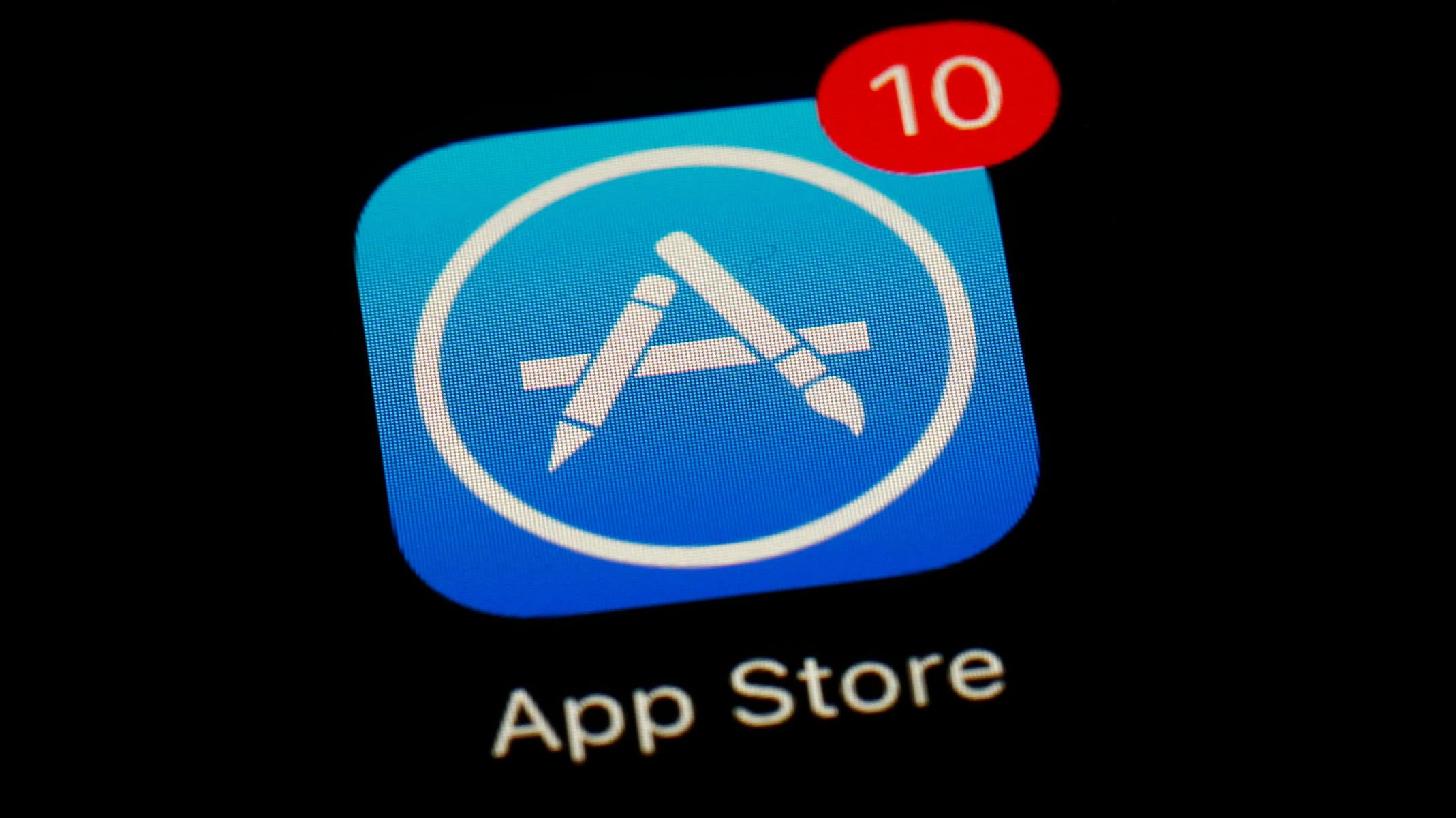
After a number of first-party apps were found to have unusually high rankings, Apple has finally updated the App Store’s search algorithm to “handicap” itself and help make apps from other developers easier to find.
Just don’t call this change a mistake, because according to a recent statement given to the New York Times by Apple execs Phil Schiller and Eddy Cue, it’s more of an improvement. Cue said “we make mistakes all the time,” which Schiller followed up by saying “We’re happy to admit when we do. This wasn’t a mistake.”
Regardless of what you call it, Apple’s recent change in how it ranks apps on the App Store follows allegations that Apple had been unfairly favoring its own apps, while apps from competing developers—including big names such as Netflix, Stitcher, and others—often languished dozens or even hundreds of spots deep in the App Store’s search results
In its defense, Apple claimed part of the reason why its apps were ranked highly is because users were using the App Store to find apps like Apple Music that came pre-installed on their phones, which caused Apple’s search algorithm to give those apps higher ranks.
Apple also claims that another reason why so many of its first-party apps dominated search results was due to an App Store feature that grouped apps by the app maker, which often resulted in a number of Apple apps bunching up at the top.
Prior to 2016, Apple did not actually list its own apps in the app store, since those apps were included pre-installed on the company’s devices. However, after Apple began adding its apps to the App Store, as seen in reports by both the Wall Street Journal and the New York Times, Apple’s first-party apps gradually began dominating search results, a trend which Apple engineers claimed they didn’t notice until months later.
So in July, Apple finally removed all of its apps from showing up in search results, which caused a number of first-party apps like Apple Wallet top drop in rank. Schiller and Cue maintain that previously its search algorithm had been functioning correctly, with Schiller saying “We can just tell you that we’ve not done anything to drive that — that is, other than launching a great wallet, an Apple Card and marketing the heck out of it.”
That said, with Apple and other tech giants like Google and Amazon having recently come under fire for potentially violating antitrust laws when it comes to their online marketplaces, these changes to the App Store’s search algorithms seem more like an attempt to fend off further investigations from regulators than a simple altruistic endeavor to support third-party devs.
Earlier this year, after formal complaints made by Spotify, the EU launched an anti-trust probe into Apple to examine if the company’s practice of taking a 30 percent cut for purchases made in the App Store gave Apple first-party apps like Apple Music an unfair advantage.
Either way, if you were wondering why it suddenly got a lot easier to find third-party apps on the App Store, now you know why. However, the full impact of Apple’s changes to its App Store are probably still yet to come.

